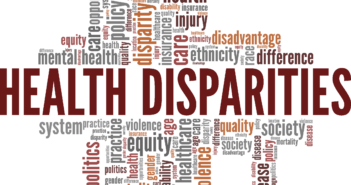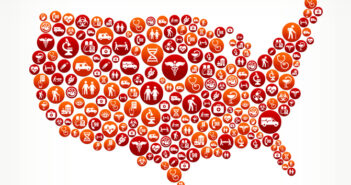
Digital Technology: Why the Interest? Patient Engagement!
BY DR. COLLEEN MORLEY, DNP, RN, CCM, CMAC, CMCN, ACM-RN, FCM
Patient engagement/activation have long been a concern for the professional case manager. How can we get our patients/caregivers actively involved in their own care? Digital technology can be a key strategy in patient engagement and activation.









